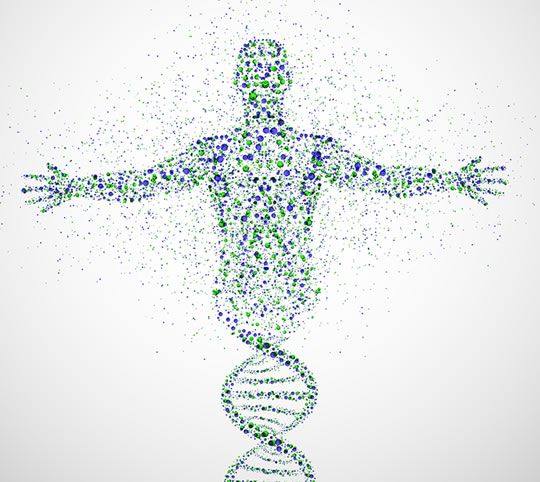Do depressive genes mean you will develop mental health problems?
A family history of depression alone does not determine whether you will suffer from depression, a new study finds.
Instead the environment is a major factor.
The conclusions come from a study which bred rats to be depressed.
After receiving “rat psychotherapy”, though, the rats returned to normal and demonstrated non-depressed blood biomarkers.
Professor Eva Redei, who led the study, said:
“The environment can modify a genetic predisposition to depression.
If someone has a strong history of depression in her family and is afraid she or her future children will develop depression, our study is reassuring.
It suggests that even with a high predisposition for depression, psychotherapy or behavioral activation therapy can alleviate it.”
Rat psychotherapy involves putting the rats in large cages which the authors describe as like ‘Disneyland’ (but presumably in a good way!).
The large cages contained lots of toys and places for them to play and hide.
The rats were put in their playground for a month before they were tested for depression.
How to tell if a rat is depressed
Here’s how you check if a rat is depressed: you put it in a tank of water.
If the rat swims around looking for an exit then it is not depressed.
If the rat just floats — it is depressed and has given up hope.
The study is good news for people with a family history of depression, Professor Redei said:
“You don’t have people who are completely genetically predisposed to depression the way the rats were.
If you can modify depression in these rats, you most certainly should be able to do it in humans.”
The study was published in the journal Translational Psychiatry (Mehta-Raghavan et al., 2016).
DNA person image from Shutterstock

